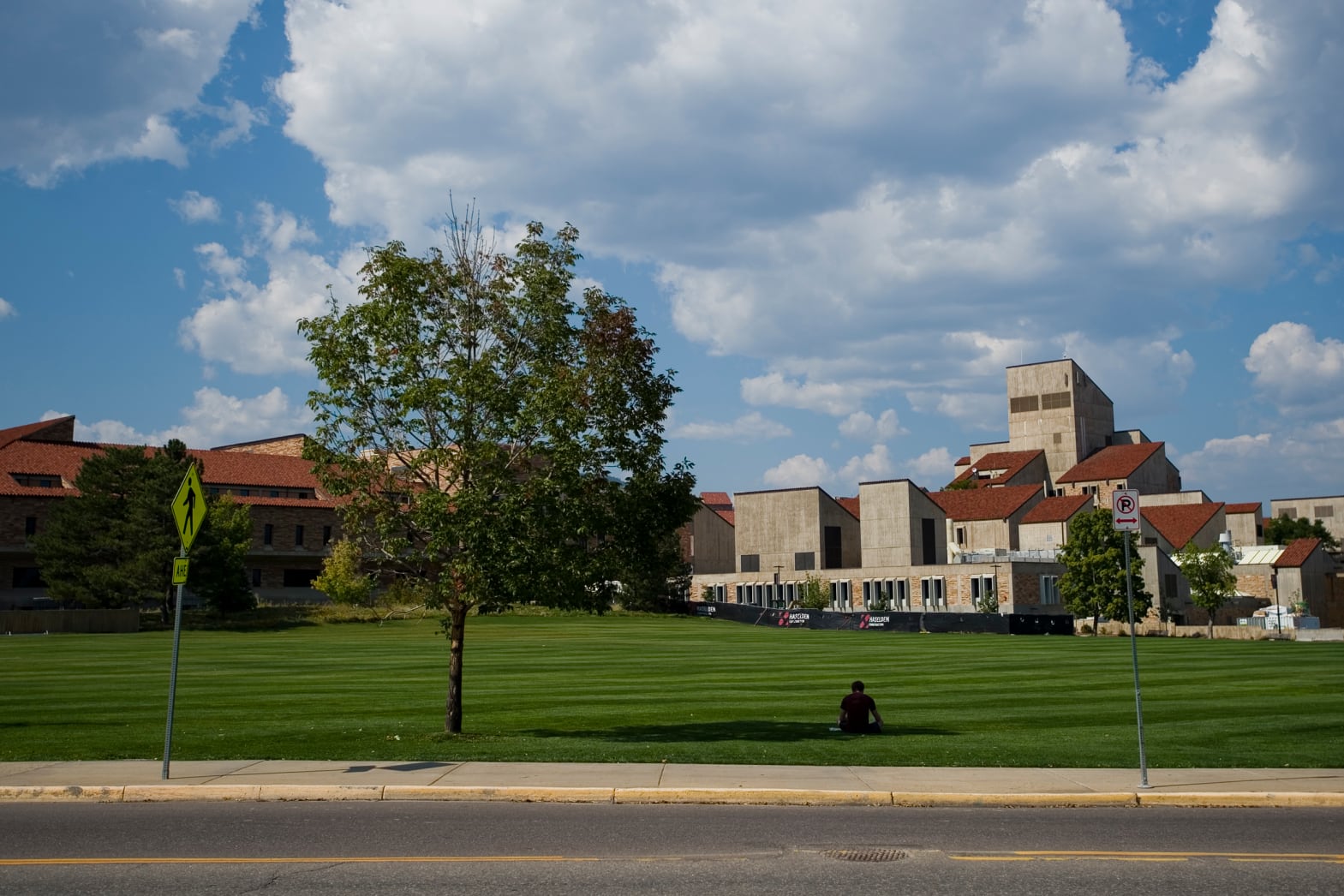A University of Colorado labor union has questioned the university system’s priorities, pandemic cutbacks, and business model, and urges more spending on students and employees.
The United Campus Workers Colorado/Communications Workers of America Local 7799, which represents workers at the system’s four campuses, said in a report released Monday that the University of Colorado has prioritized building up its finances over employees and students, especially during the coronavirus pandemic.
Tracy Berger, a CU employee who helped write the report, said she wants the University of Colorado System to continue managing its finances while better caring for its employees and students. The union also has called on the system to be more transparent in budgeting, pay living wages, and pause debt-financed construction.
Colorado runs its public colleges as enterprise funds, or government services that run similar to private businesses. But Berger stressed that the University of Colorado also has a mission to educate Coloradans. She said that the system prioritizes out-of-state students who make up 30% of full-time students and who pay higher tuition, and that it unnecessarily pads its investment portfolio.
“We want what public education was originally intended to do as opposed to what it’s currently doing,” she said, “which is acting as a business.”
The union intends for its report to sway the $4.5 billion university as it budgets for next fiscal year.
Chief Financial Officer Todd Saliman said the system must maintain its finances to keep tuition affordable to students from different backgrounds.
“Our business model is structured to support our role. And our role, our mission, is to educate students, do research, and the medical resources we provide to the state of Colorado,” Saliman said.
Cuts to employee pay
The union’s report presses for higher employee pay.
Pay records show that the lowest-paid 8.5% of full-time workers at CU make less than a living wage, which can exceed $17 an hour depending on where you live in Colorado, as do the vast majority of hourly and student workers, the report said.
During the pandemic, the university temporarily cut pay for some and has hinted at more cuts, according to the report. It noted that at the same time, the school will increase undergraduate tuition by 3% next year, but will effectively delay the increase a year by tapping into federal coronavirus relief funds.
Kylen Solvik, a CU Boulder doctoral student, said the low pay for students working on campus, combined with high tuition, can be difficult. Many working students are among the most financially strained.
“Ultimately, the employees and students are suffering,” he said.
Saliman said the school plans to increase pay for workers in July.
The school’s business model and students
The union report repeatedly assails university decisions that prioritize its fiscal health, including its credit rating, over students’ education.
Helen Besset, a recent University of Colorado Boulder graduate, said the school’s decision to view itself as a business hurts students, especially those from Colorado.
Instead, Besset said the university should consider how to better teach and attract students. That means spending more to recruit and graduate Colorado students, and less to erect buildings, she said.
At CU Boulder, “there’s a running joke that we have this beautiful pool, but it’s closed half of the year,” she said.
But Saliman said keeping a high credit rating helps lower costs by ensuring the university can access the lowest interest rates. Letting the school’s business standing slip would result in higher costs overall that would then be transferred to students, he said.
The coronavirus pandemic and the system’s financial health
The report also calls out several decisions the school made following the coronavirus pandemic.
When its annual operating budget fell by 5% this year, the university made temporary salary cuts and imposed furloughs. At the same time, tuition stayed the same even as classes shifted online.
The union also questioned why the university issued almost $500 million in new bond debt in 2020 and maintained the size of its investment portfolio.
“There is a path that involves selling investments or refusing to make full payments on debt,” the report says. “This might impact CU’s credit rating and ability to take out future debt, but it would allow the university’s educational and public mission to continue unabated.”
Saliman said the bond debt partly included refinancing, which helped reduce interest rates and save money. The university spent $250 million on new buildings at several campuses.
At the same time, he noted that the school increased spending on student mental health and issued about 55,000 emergency grants to students using federal, internal and foundation funds.
Saliman also noted the school did tap its reserves to mitigate impacts of the pandemic.







